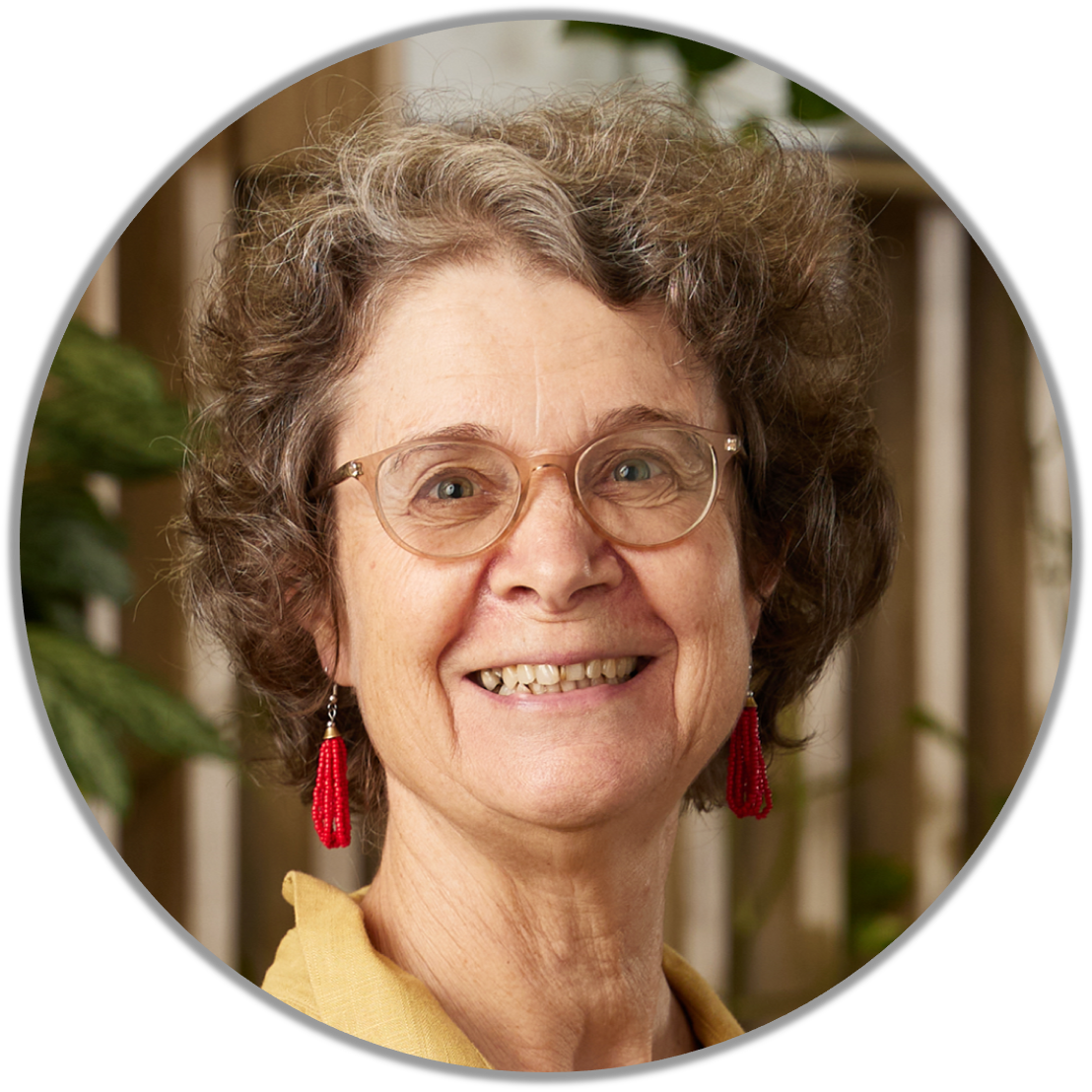The WorldBio 2022 event was convened on 7-9 June 2022, co-hosted by São Paulo State and the Secretariat of the Convention of Biological Diversity, in collaboration with ICLEI and Regions4, supported by the Post-2020 Biodiversity Framework EU Support and GIZ and organized by ACIA (The Cunhambebe Association of the Friends of Ilha Anchieta). The event focused on accelerating projects and mobilizing resources and funding for implementation of the Global Biodiversity Framework (GBF) and Plan of Action 2030 on engaging subnational governments, cities and other local authorities.
Business, economics & finances
Governance & management
The UN Secretary General, António Guterres, has said the world is at war with nature and we should make peace with it. The youth are telling us they are tired of ‘blah blah blah’ and ‘more of the same’. And the CBD Executive Secretary, Elizabeth Maruma Mrema, has challenged us to take action urgently to implement the Edinburgh Process and amplify this at the 7th Summit of Cities & SNGs at COP15. The time to take ACTION is NOW.
~ Ingrid Coetzee, ICLEI Africa Tweet

WorldBio 2022 sought projects and initiatives that will contribute to implementing the new global biodiversity targets and the Plan of Action for local and subnational governments, to:
i)
show the world that cities, states, provinces and prefectures are taking action to make a difference;
ii)
stop the destruction of biodiversity, ecosystems and the planet; and
iii)
put the world on a path of restoration, healing and recovery.
The event consisted of 600+ delegates for discussions around the following five themes:
- Messaging and the governance of communication, environmental education and public awareness (CEPA);
- The city level: upscaling urban nature-based solutions, ecosystem-based approaches and urban ecosystem restoration;
- The subnational level: green & blue economy & incentive and finance instruments for land- and seascape level biodiversity actions and projects, within all the ecosystem services’ benefits, considering vertical and horizontal integration;
- Protected Areas and other effective area-based conservation measures (OECMs) – identifying public-private synergies for connectivity, highlighting coastal and marine areas; and
- Science, knowledge generation and monitoring: focusing on pilot exchanges; setting science-based indicators and reporting; technology transfer and capacity building systems for all of the above activities, with priority on tropical forests – highlighting reforestation as well as urban forestry and agriculture, and nature-sensitive renewable energy.
WorldBio 2022 resulted in many fruitful discussions and progress, with the following key outcomes:
Five webinars will be convened in August or September (one webinar for each of the above themes) to build a better geographical balance in identifying projects and compiling a portfolio of projects that will contribute to the implementation of the GBF and Plan of Action;
Reviewing and refining of the concept proposal on the transition from the WBio2022 Event to the WBio Process to propose an appropriate institutional arrangement (the Pre-Governance Platform);
The WorldBio Process will be integrated with COP15 (part 2) and the 7th Global Biodiversity Summit of Cities, Edinburgh Process Partners, CitiesWithNature and RegionsWithNature, Regions4 Biodiversity Learning Platform, Advisory Committee on Sub-National Governments and Biodiversity, Group of Leading Subnational Governments towards Aichi Biodiversity Targets, and with other themes – particularly on Bioeconomy and Green and Blue Economy; and
Opportunities were explored to provide capacity building and resources to support cities and subnational governments in preparing bankable projects, identifying appropriate finance instruments to implement projects and meet requirements of donors.
WorldBio2022 is a factory of projects enhancing inclusive local governance in transitioning to an economy harmonious with nature. It is therefore instrumental on the way towards COP15... AFD aims to feed strategically and operationally the dialogue among partners for financing projects and programmes in response to their demands. Aware that healthy and well-managed ecosystems are key for shared prosperity, AFD has the ambition to prioritize projects with a biodiversity-related content, creating and strengthening protected areas, conserving terrestrial, coastal and marine ecosystems, and supporting global initiatives that help protect 30% of the planet.
~ Katia Fenyes, from Agence Française de Développement (AFD) Tweet
This was supported and reiterated by Oliver Hillel, a Programme Officer at the CBD Secretariat, and by Ingrid Coetzee from ICLEI.
ICLEI supports the idea of the WorldBio2022 as a factory of projects as it will help accelerate local action for biodiversity and ecosystem restoration. Also global partnership initiatives like CitiesWithNature and RegionsWithNature, are well-placed to support cities and subnational governments globally in channeling specifically biodiversity and nature projects.
~ Ingrid Coetzee, ICLEI Africa Tweet
ICLEI and its partners, such as Regions4 and the Advisory Committees on Cities and subnational governments, represent the group of local and subnational governments in the CBD, and advocate for the voice and ambitions of local and subnational governments in the CBD and its processes. This has resulted in the CBD’s recognition of cities and subnational governments as a major group, and their important contributions to achieving global biodiversity targets. In addition, Edinburgh Process, which culminated in the Edinburgh Declaration has resulted in an ambitious draft decision and Plan of Action for engaging local and subnational governments to be adopted at CBD COP15.